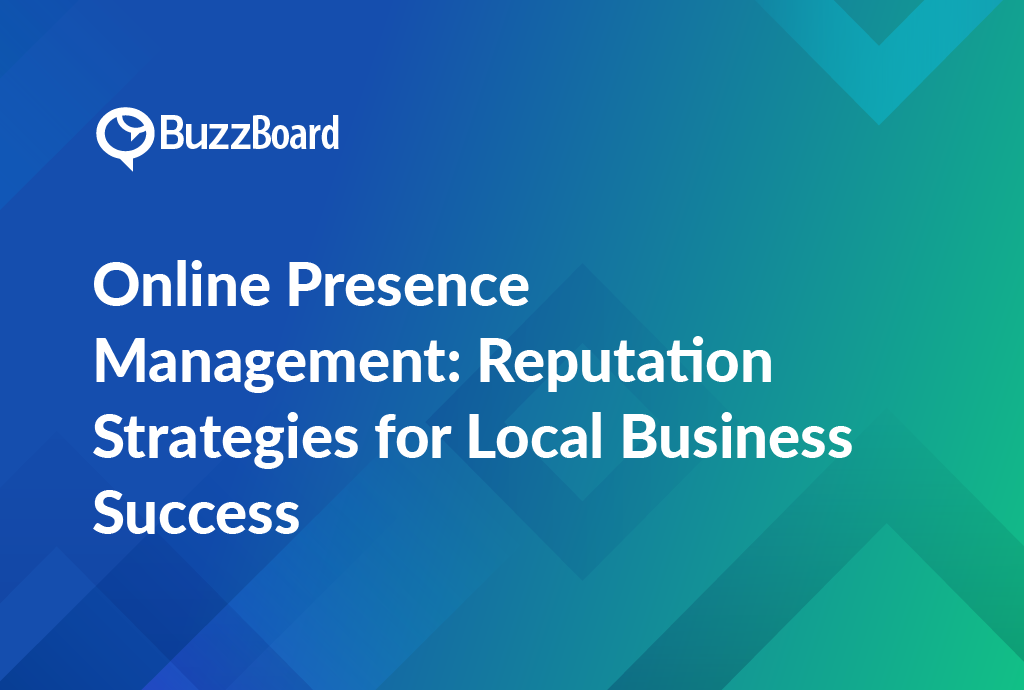An Overview of Various Research Methods for Effective Small Business Outreach
Understanding the nuances of various research methods for small business outreach can significantly bolster your digital marketing firm’s sales strategy. It also paves the way for the success of the small businesses you work with.
Market research reports act as a launchpad, offering precious data on industry trends, consumer behaviors, and market expansion. Primary data can be collected via surveys, interviews, and focus groups straight from consumers. This provides insights into their needs, preferences, and feedback regarding your client’s products or services.
To gain a richer understanding of your competitive terrain, competitor analysis is a vital aspect of research for small business outreach. It includes the study of your competitors’ marketing maneuvers, their strong and weak points, and pinpointing opportunities where your clients can secure a competitive advantage.
In contrast, social media listening presents special insights into customer sentiment and current trends. By tracking online dialogues related to your client’s sector or products, you can comprehend what customers are discussing, their anxieties, and what they admire or despise.
For each research method, the secret is in applying it effectively for your specific client requirements and market scenarios. Always bear in mind; proficient research guides your outreach towards successful client engagement.
Recall, the most favorable outcomes in small business outreach are a result of robust research and thoughtful strategy. Engage with us today to discover how we could aid in enhancing your outreach undertakings.
Exploring the Role of Surveys and Interviews in Small Business Research
The role of various research methods in small business outreach, including surveys, interviews, focus groups, competitor analysis, market research reports and social media listening, is incredibly significant. These strategic tools are essential in understanding your audience, outsmarting your competitors, and aligning your messaging with prospective customers’ needs.
Starting with methods like surveys, they offer an expansive view of the market landscape. Surveys are flexible and can cater to very specific objectives, such as gauging customer satisfaction or pinpointing gaps in the market offering currently.
Furthermore, personal interviews and focus groups yield deep, qualitative insights. Individual interviews can often surface valuable viewpoints on your products or services. Similarly, focus groups can reveal group opinions about your brand or your competitors’.
On the other hand, competitor analysis and market research reports deliver useful contexts for positioning your brand. This strategic method not only helps comprehend your business’s competitive strengths or deficits, but also aids in creating effective marketing strategies.
Lastly, in the digital age, social media listening has emerged as a potent tool. It uncovers unfiltered consumer conversations and feelings about your business, your competitors and the industry as a whole. It offers real-time insights, facilitating quick and relevant business decisions.
For a deeper dive into these research methods, check out these resources.
Remember, each of these tools brings unique value to your business research, and their comprehensive use can assist in achieving a rounded market understanding.
[CTA] Learn more about research methods for small business outreach.
Please consult appropriate guidelines or experts when conducting these methods to ensure the credibility and reliability of the data collected.
Understanding the Effectiveness of Focus Groups and Competitor Analysis in Reaching out to Small Businesses
The importance of understanding focus groups and competitor analysis as part of research methods for small business outreach can’t be overstated. Both techniques provide a robust, data-driven perspective to enhance decision-making strategies.
Focus groups present direct insights from your desired audience. These group discussions encourage interactive brainstorming, providing insights into attitudes and emotions. This method is a crucial aspect in the cycle of comprehending customer behavior.
Competitor analysis is equally significant. It would be fair to say, no business has flourished without keeping its competitors under observation. This approach assists in identifying industry trends, understanding what strategies work for your competitors, and as a result, fine-tuning your outreach approach effectively.
Other research methods such as surveys, interviews, and market research reports are also crucial. Surveys and interviews are excellent for gathering first-person insights, while market research reports present a more extensive industry overview.
Lastly, the power of social media listening shouldn’t be underestimated. Using this tool, you can measure conversations about your brand and your rivals.
When combined, all these research methods furnish a robust foundation for small business outreach strategies. However, each strategy has its strengths and limitations, complementing others.
For salespeople at digital marketing agencies selling to small and local businesses, knowing these methods can significantly boost your chances of success. Therefore, invest time to understand each tool’s functionality and watch your outreach strategies transform.
Diving Into the Importance of Market Research Reports in Small Business Outreach Strategies
The cornerstone of effective small business outreach is strategic implementation of market research reports. These documents provide a comprehensive snapshot of industry trends, consumer behavior, and competitor analysis. They are instrumental in shaping outreach strategies. Employing careful research methods, such as surveys, interviews, and focus groups, can extract valuable insights from your target audience. With this information, you can fine-tune your products, services and marketing approaches to their needs.
One specific strategy, competitor analysis, offers insight into effective tactics within your industry. Evaluating competitor strengths and weaknesses allows you to leverage this data to your advantage and tailor your unique selling proposition.
Moreover, practicing social media listening lets businesses understand their consumers in a live digital context. This can reveal brands, products or topics that your target market prefers online, giving you insight into their interests.
Incorporating these insights into your outreach strategies can help identify opportunity gaps and improve communication with existing and potential customers.
Interested in learning more about using market research reports for your small business outreach strategies? Click here.
Understanding how to leverage the wealth of data in market research reports is vital for successful small business outreach. Don’t let this wealth of knowledge go untapped; find out more here.
Leveraging Social Media Listening as a Powerful Research Tool for Small Business Outreach
Leveraging social media listening for market research offers valuable insights for small business outreach. Traditional research methods such as surveys, interviews, and focus groups are pivotal, but they often lack the raw, unfiltered consumer insight that social media listening provides.
When applied appropriately, social media listening transcends traditional competitor analysis and market research reports. It represents real-time market sensing that processes online conversations about your brand and industry. This allows salespeople to collect actionable data about customer preferences and behaviors, offering a wider perspective on trending industry topics.
With tools that dig deeper into social media analytics, small businesses can gauge and assess the social chatter about their brands as well as the general industry landscape. This understanding can substantially shape their outreach strategies leading to targeted, impactful engagement.
Therefore, by bridging the gap between ‘hearing’ and ‘listening,’ social media listening becomes a vital research avenue. It enables small businesses to capture market trends, key influencers, and customer sentiment facilitating nuanced and rich outreach opportunities.
Remember, ensuring your small business with effective outreach methods coincides with understanding and relating to your customers’ needs. Harness the power of social media listening today, for more meaningful customer interactions tomorrow.
Check out our guide on how to effectively utilize social media listening as a research tool for small business outreach.
Finally, discover more about other popular research methods for small business outreach.
Being successful in your small business outreach requires staying in tune with market shifts, and social media listening offers an unrivalled opportunity to do just that.








